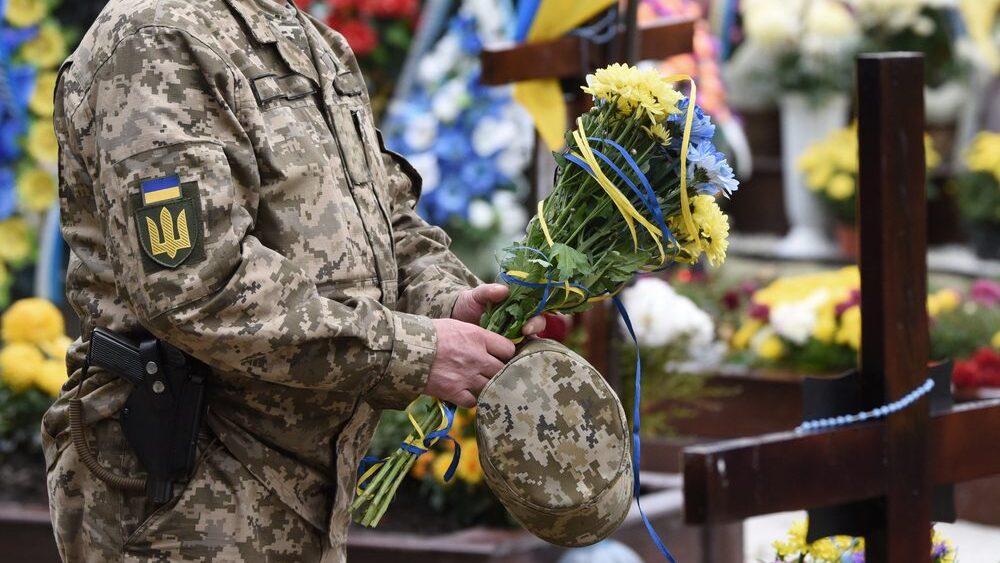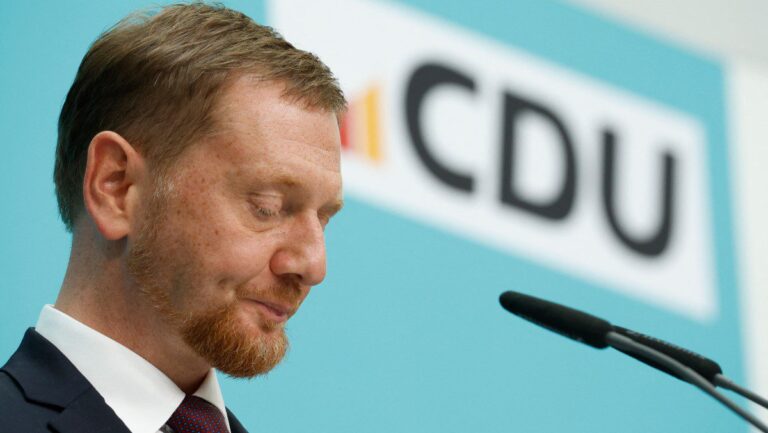Russia was ready to end the war and withdraw its troops in exchange for Ukrainian neutrality just a few months after the invasion began and was refused partly because of ex-British PM Boris Johnson, who pressured Kyiv into continuing the fight, David Arahamiya, the leader of Ukraine’s ruling party confirmed in a recent interview, published on Friday, November 24th.
The lawmaker is not only leading the parliamentary faction of Zelensky’s Servant of the People party but was also appointed as the head of the Ukrainian delegation during the initial, tentative peace talks in March and April, hosted by Turkey.
Russia’s ultimate goal was to press Ukraine into neutrality, Arahamiya explained, adding that all other requests (like the elusive ‘de-nazification’) were essentially empty cosmetics, and neutrality would have been enough for Russia to agree to withdraw beyond the February 24th frontlines.
They [Russia] were ready to end the war if we took neutrality—as Finland once did—and made commitments that we would not join NATO. This was the key point.
According to Arahamiya, there were several reasons for Ukraine’s refusal, and one of them was direct Western influence on the peace talks.
The lawmaker recalled that while the negotiations between Kyiv and Moscow were underway in Istanbul, Johnson unexpectedly arrived in Kyiv on April 9th, 2022, telling Zelensky that he
shouldn’t sign anything with them at all—and let’s just fight.
Furthermore, Aramahiya noted, such an agreement would have needed to modify the constitution first (since it contains the desire to join NATO). The third point was that Kyiv didn’t trust Moscow to hold up its end of the bargain and not invade again—especially not without international security guarantees.
Nonetheless, the timeline suggests that these issues might not have played as big of a role in the refusal as the British prime minister did, as both governments kept the talks open until early April. Russia repeatedly signaled a willingness to hammer out a peace deal, while Ukraine obviously remained interested because otherwise, it would’ve left the negotiation table.
Officially, Ukraine left the peace talks because of the discovery of the Bucha massacre after the Russian army withdrew from the Kyiv area. However, the bodies of the murdered civilians in Bucha were discovered on April 1st, while the talks continued until after Johnson’s surprise trip.
On April 12th, just three days after Johnson’s visit to the Ukrainian capital, Putin publicly declared the peace talks to be over, saying the negotiations “turned into a dead end.”
Estimates put the military deaths on both sides to nearly 200,000 with over 300,000 wounded in the conflict so far—the vast majority of which might have been avoided if the peace talks had continued.





